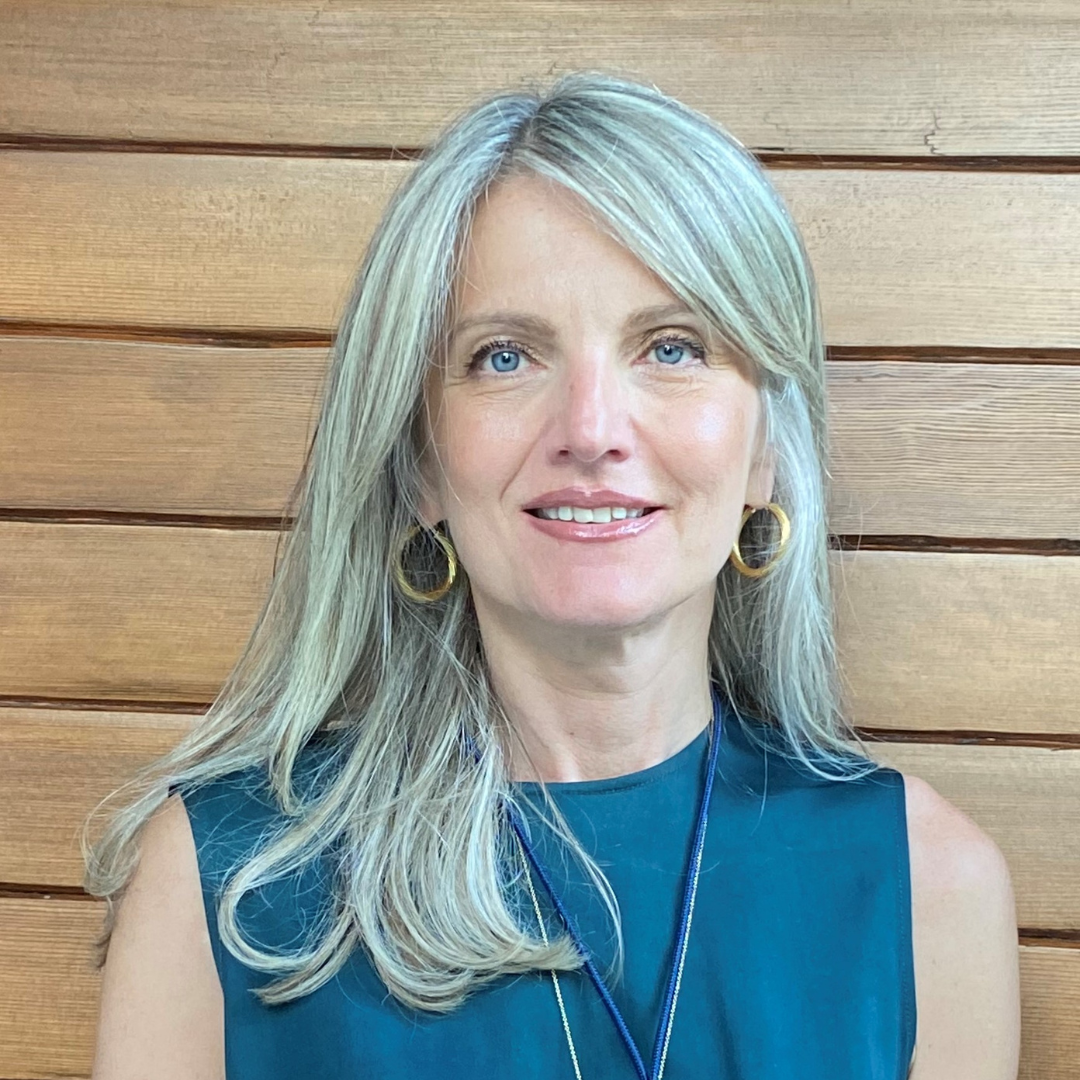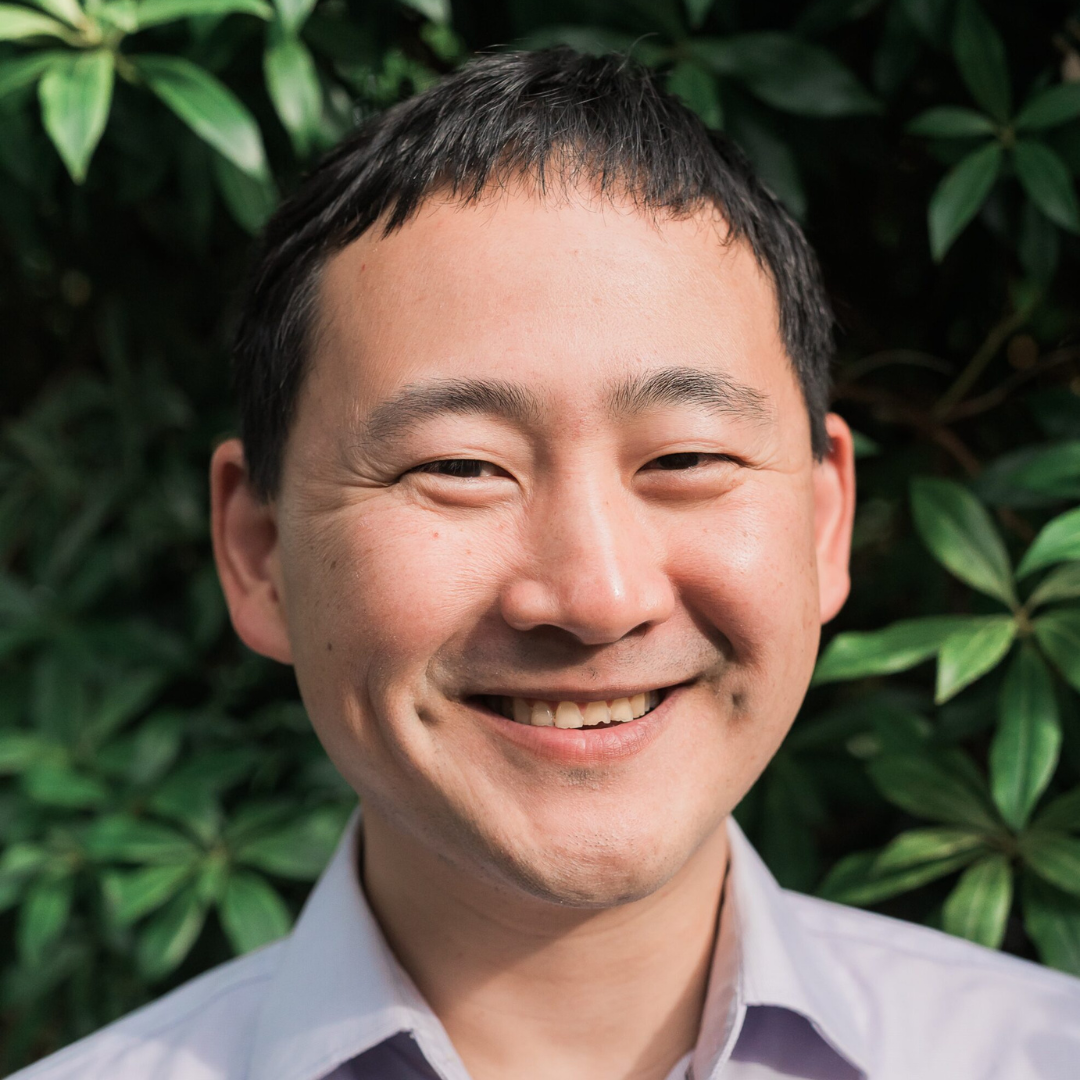
Michael Snyder
Stanford University, USA
Title TBA
Biography: Dr. Michael Snyder, a leading figure in genomics and personalized medicine, currently chairs the Stanford University Department of Genetics and directs its Center for Genomics and Personalized Medicine. His illustrious career has significantly contributed to understanding and developing “omics” and wearable technologies for health monitoring and improvement (h-index 204). Dr. Snyder earned his Ph.D. at Caltech and completed his postdoctoral training at Stanford. He then joined Yale, making significant contributions to functional genomics before returning to Stanford. His pioneering research focuses on using wearable devices to provide detailed health data, offering insights into disease prevention, diagnosis, and treatment. Dr. Snyder exemplifies his commitment by using an integrative omics approach to monitor his own health for over 15 years. This groundbreaking study, a significant step forward in personalized medicine and health, demonstrated how omics and wearables can identify and predict various health issues, including infections, glucose levels, and stress. Dr. Snyder is also an entrepreneur, co-founding several companies like Personalis, SensOmics, Qbio, January AI, Filtricine, Mirvie, Protos, Protometrix, and Affomix, to translate his research into practical applications.

Konstantina (Nantia) S. Nikita
National Technical University of Athens, Greece
Title TBA
Biography: Konstantina S. Nikita, Ph.D., M.D., is since 1996 faculty member, and since 2005, full professor at the School of Electrical and Computer Engineering, NTUA. She is director of the Mobile Radiocommunications Laboratory and founder and director of the Biomedical Simulations and Imaging (BIOSIM) Laboratory. She is the Editor-in-Chief of the IEEE Transactions on Antennas and Propagation, Founding Editor-in-Chief of the IEEE Open Journal of Antennas and Propagation, a member of the Editorial Board of IEEE Transactions on Biomedical Engineering, IEEE Journal of Biomedical and Health Informatics, Journal of Biomedical Engineering and Computing. She is a Fellow of the IEEE, a Founding Fellow of the European Association of Medical and Biological Engineering and Science (EAMBES), a Fellow of the American Institute of Medical and Biological Engineering (AIMBE). She serves as chair of the LS7 Consolidator Grant Panel of the European Research Council (ERC), for granting investigator-driven frontier research in the domain of life sciences. She has been a member of the Board of Directors of the Atomic Energy Commission and of the Hellenic National Academic Recognition and Information Center, as well as a member of the Hellenic National Council of Research and Technology and of the Hellenic National Ethics Committee. She is a member of the IEEE-EMBS Technical Committee on Biomedical and Health Informatics (TC BHI), and has served as Chair of the IEEE Greece Section and Deputy Head of the School of Electrical and Computer Engineering of the NTUA. She is the author of the book “Handbook of Biomedical Telemetry” and of more than 200 journal publications, 400 conference proceedings papers and three patents.

Kyle Farh
Illumina Artificial Intelligence Lab, USA
Title TBA
Biography: Kyle Farh, MD, PhD, is VP & Distinguished Scientist has been at Illumina since 2015 and leads the Artificial Intelligence lab at Illumina. The AI lab has been responsible to a large extent for the adoption of deep learning in clinical variant interpretation, including the pioneering SpliceAI and PrimateAI-3D algorithms, two widely used AI tools for clinical interpretation of human genetic variants.
He holds a BS in computer science from Rice University, and MD/PhD degrees from Harvard Medical School and the Massachusetts Institute of Technology in molecular biology. He completed his internship and residency in pediatrics and clinical genetics at Boston Children’s Hospital and his postdoctoral fellowship with Mark Daly and Brad Bernstein at the Broad Institute.

John Quackenbush
Harvard TH Chan School of Public Health || Brigham and Women’s Hospital, USA
Title TBA
Biography: John Quackenbush is Professor of Computational Biology and Bioinformatics and Chair of the Department of Biostatistics at the Harvard TH Chan School of Public Health and Professor at the Dana-Farber Cancer Institute. John’s PhD was in Theoretical Physics but a fellowship to work on the Human Genome Project led him through the Salk Institute, Stanford University, and The Institute for Genomic Research (TIGR), before joining Harvard in 2005. John’s research uses massive data to probe how many small effects combine to influence our health and risk of disease. His published work has more than 97,000 citations and among his honors is recognition in 2013 as a White House Open Science Champion of Change. In 2012 he founded Genospace, a precision medicine software company that was sold to Hospital Corporation of America in 2017. In 2022, he was elected to the National Academy of Medicine.

Vahid Tarokh
Duke University, USA
Title TBA
Biography: Vahid Tarokh worked at AT&T Labs-Research until August 2000. In September 2000, he joined the Massachusetts Institute of Technology (MIT) as an Associate Professor of Electrical Engineering and Computer Science. In June 2002, he joined Harvard University as a Gordon McKay Professor of Electrical Engineering and Hammond Vinton Hayes Senior Research Fellow. He was named Perkins Professor of Applied Mathematics in 2005. In Jan 2018, He joined Duke University, as the Rhodes Family Professor of Electrical and Computer Engineering, Bass Connections Endowed Professor, and Professor of Computer Science, and Mathematics. From Jan 2018 to May 2018, He was a Gordon Moore Distinguished Scholar at the California Institute of Technology (CALTECH). During Jan 2019-Dec 2022, he served as a Microsoft Data Science Investigator at Duke University.

Lydia E. Kavraki
Rice University, USA
Title TBA
Biography: Lydia E. Kavraki is the Noah Harding Professor of Computer Science, professor of Bioengineering, professor of Electrical and Computer Engineering, and professor of Mechanical Engineering at Rice University. She is the director of the Ken Kennedy Institute at Rice University.
Kavraki received her B.A. in Computer Science from the University of Crete in Greece and her Ph.D. in Computer Science from Stanford University working with Professor Jean-Claude Latombe. Her research interests span robotics, AI, and biomedicine. In robotics and AI, she is interested in enabling robots to work with people and in support of people. Her research develops the underlying methodologies for achieving this goal: algorithms for motion planning for high-dimensional systems with kinematic and dynamic constraints, integrated frameworks for reasoning under sensing and control uncertainty, novel methods for learning and for using experiences, and ways to instruct robots at a high level and collaborate with them. [Read More]

Elizabeth Mynatt
Northeastern University, USA
Title TBA
Biography: Dr. Elizabeth Mynatt is the Dean of Khoury College of Computer Sciences. She joined Northeastern University in January 2022 after a 23-year career at Georgia Institute of Technology (Georgia Tech), where she most recently served as Regents’ and Distinguished Professor in the College of Computing and executive director of the Institute of People and Technology.
Mynatt is an internationally recognized expert in the areas of ubiquitous computing and assistive technologies. Her research contributes to ongoing advances in personal health informatics, computer-supported collaborative work, and human-centered computing.
In her research Mynatt directed the Everyday Computing Lab at Georgia Tech. There she investigated the design of health and information technologies to support breast cancer patients during their journey using personalized mobile technologies. [Read More]

